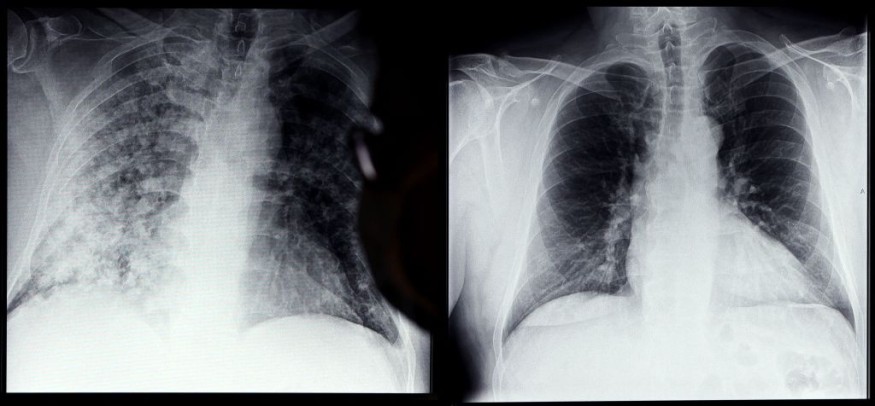Viruses and bacteria are some of the most notorious pathogens to inflict almost all living organisms, including humans, with various diseases.
These known infections have been recorded since medicine was embedded in human civilization since time memorial.
While the advancement in the field of medicine led to the development of medicines against certain illnesses, bacteria have learned to adapt and resist the effects of these drugs in a phenomenon called antibiotic resistance.
However, researchers turned to the bacteria's natural enemy, viruses.
The new study successfully cured a patient with an antibiotic-resistant lung infection called cystic fibrosis.
The disease is caused by a bacterial infection in the lungs due to the body's inability to remove mucus from the major organ of the respiratory system, resulting in the trapping of bacteria in the lungs, where they can thrive and multiply.
Mycobacterial Infection

In a new research article published in the journal Cell on Friday, May 13, scientists have focused their approach on 26-year-old Jarrod Johnson, a patient with a lung infection.
The scientific team attacked the infection through phages or bacteriophages, a group of viruses with the primary aim of killing a particular type of bacteria.
Johnson was reportedly diagnosed with cystic fibrosis as a child.
Prior to the study, the patient suffered from recurring hospitalization with no absolute cure in sight. This is due to the dominance and persistence of the Mycobacterium abscessus infection in his lungs.
Clinicians in the past have attempted to remove the bacteria for six years, but his lungs continued to deteriorate, and lost his chance of receiving a lung transplant, until being subjected to the new study's phage therapy.
Phage Therapy
From the term itself, phage therapy was used by the researchers as a last resort to the dire condition of Johnson.
In September 2020, the first phage infusion was administered and two additional infusions were conducted daily for the next 500 days, as elaborated by Labroots.com, a scientific networking site.
After a year, the infection cleared and the patient was placed on the transplant list, which took place in October 2021.
While Johnson continued to receive the therapy during the transplant and recovery stage, the virus-based treatment against Mycobacterium abscessus has led the 26-year-old to live a normal life.
Antimicrobial Resistance
Before the dawn of antibiotics, phages have been reportedly considered a means to fend off common bacterial infections.
However, the positive breakthrough of modern medicinal drugs was proven effective against the microbes, overshadowing the potential of viruses against such bacterial infection.
In spite of the breakthrough, recent decades have shown that some drugs have been found to be no longer effective for some infections, especially if doses of these medicines were immediately stopped or taken excessively.
In the case of the new research, the growing threat of antibiotic resistance and antimicrobial resistance worldwide is the driving force to open the avenue once again for using a pathogen-based treatment.
Still, further research may be required as not all bacteria are expected to respond similarly to the case of Johnson's cystic fibrosis.
According to the World Health Organization (WHO), antimicrobial resistance is a growing global concern due to the emergence of pathogens that are drug-resistant to antimicrobials, such as antibiotics, antivirals, antiparasitics, and antifungals used as a medicine against infections on animals, humans, and plants.
© 2026 NatureWorldNews.com All rights reserved. Do not reproduce without permission.





